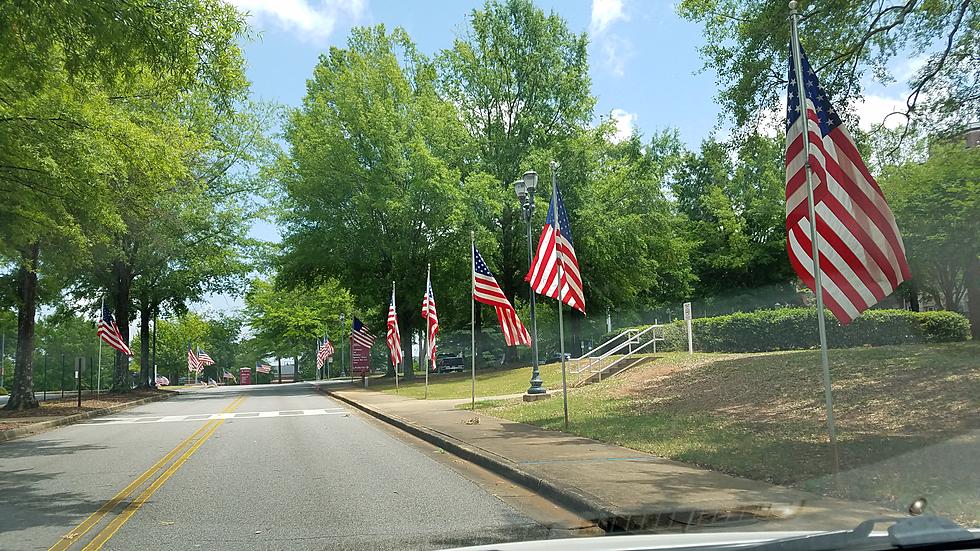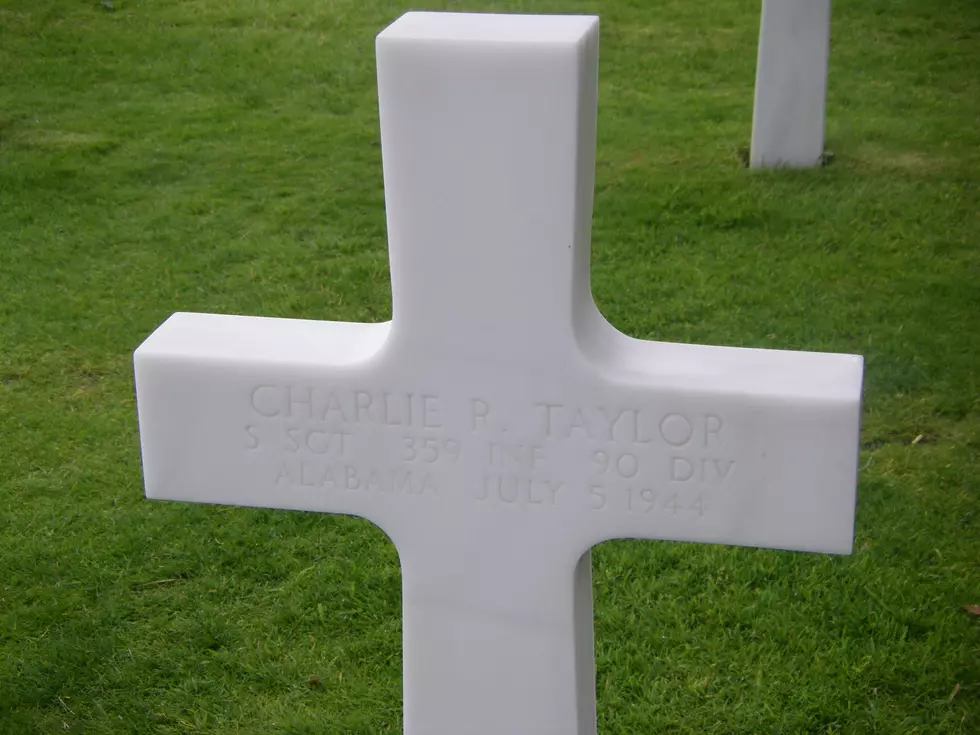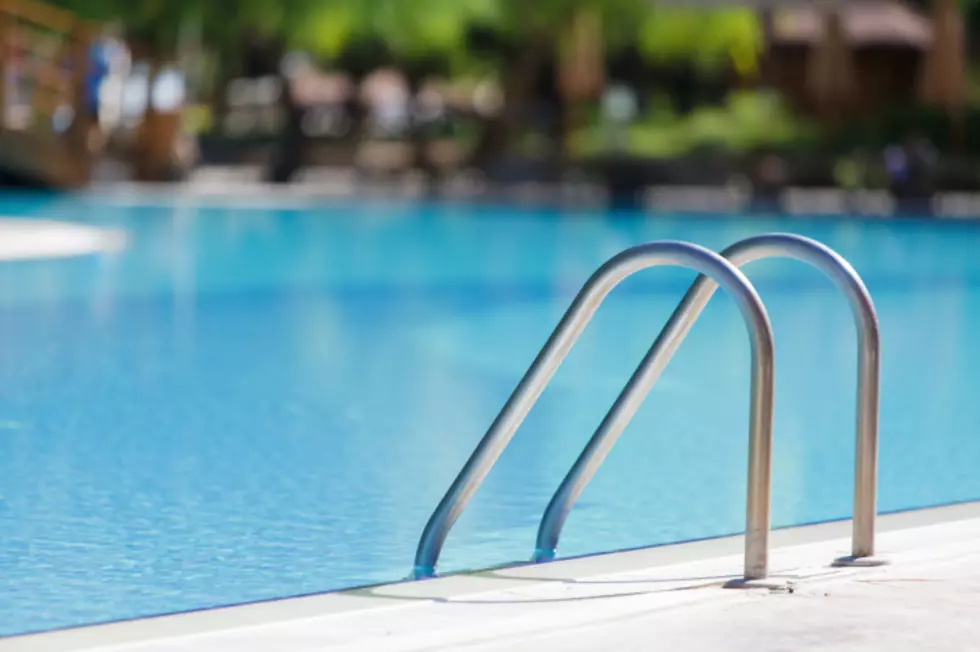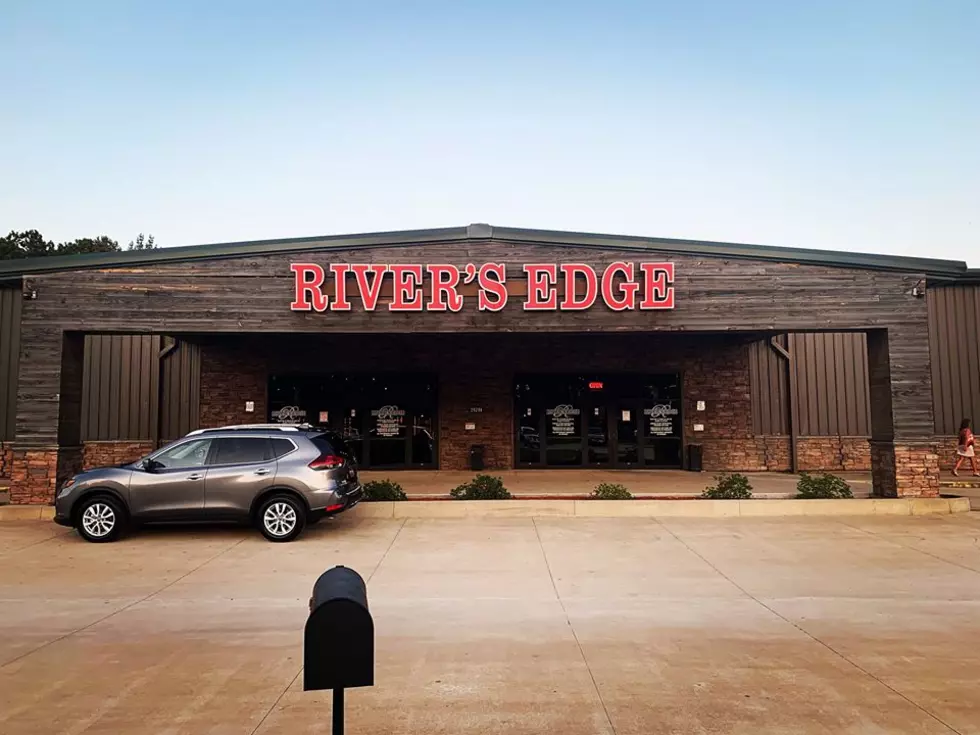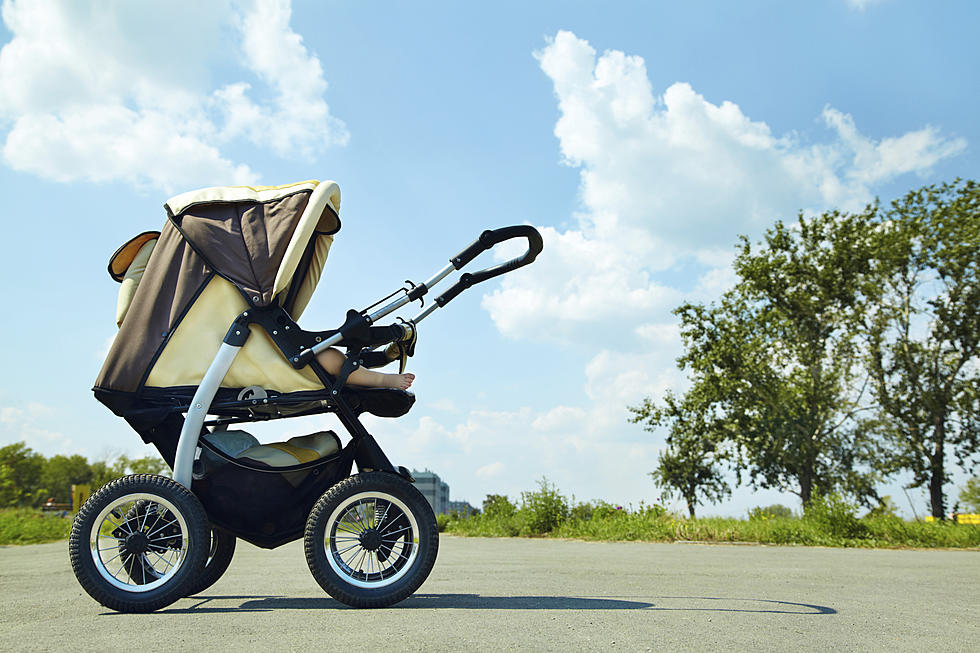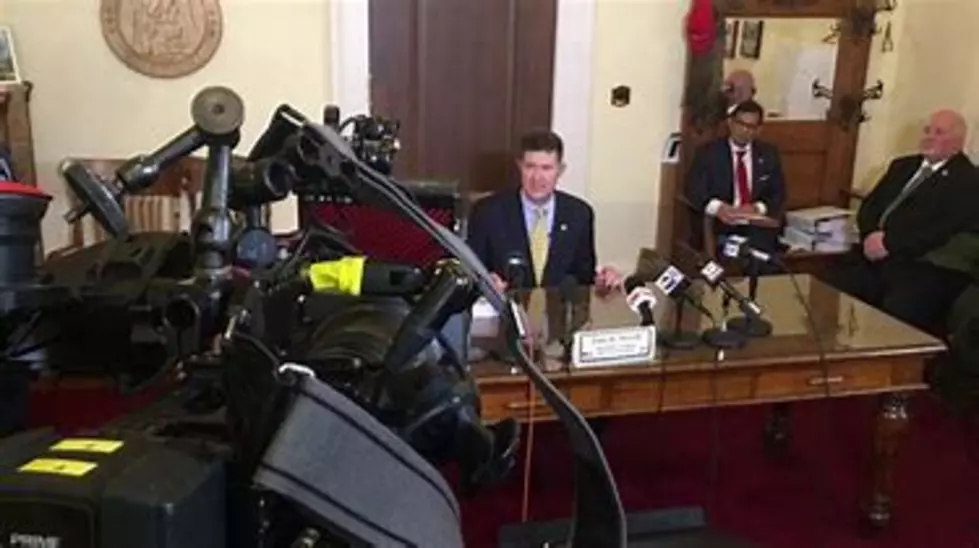
Voting Politics Heating up in Alabama
“Alabama does not have nor will it have direct mail-in voting,” Alabama Secretary of State John Merrill recently told a Sunday edition of Townsquare Media Tuscaloosa public affairs program West Alabama on Point.
Now the Tuscaloosa politician is assuring President Trump of that fact. Merrill has been under pressure from Democrats and voting activist organizations to make it easier to vote by allowing mail-in balloting
22 states permit all, or some, elections to be held entirely with mailed ballots and no polling places. This is also known as "vote by mail." In a social media post over the weekend Trump called mail-in ballots, “…the greatest Rigged Election in history”.
The president Tweeted that people grab ballots out of mailboxes, print thousands of forgeries and “force” people to sign them. He did say “some” absentee voting is OK, when necessary.
Republican Merrill Tweeted assurance to Trump, “Don’t worry @realDonaldTrump, WE WILL NOT have direct mail in voting in Alabama”. Merrill went on the say, “We have provided an excuse provision for anyone that wants to vote absentee and our polling sites will be open for anyone that wants to vote in person! Keep working hard to Make America Great Again!”
Due to the COVID-19 pandemic, some election officials believe there will be a record number of absentee ballots cast for the GOP U.S. Senate nomination runoff in July between for Auburn football coach Tommy Tuberville and for U.S. Attorney General and Alabama Senator Jeff Sessions. If the virus is still with us for the general election in November, even greater numbers of absentee votes are possible.
That could elicit a negative response from Trump who believes even absentee ballots in large numbers are rife for voter fraud. He believes absentee voting should be extremely limited and only for good reasons.
Studies have found that absentee voting rarely leads to voter fraud. But there are examples in at least 15 states where absentee ballots have been thrown out by judges from both parties.
“The largest number of voter fraud cases involve absentee ballots,” said Hans von Spakovsky, manager of the election law reform initiative at The Heritage Foundation, where he is a senior legal fellow.
The rule in most states is that a ballot must be postmarked before Election Day. Legislation backed by congressional Democrats in the Senate would force states to accept absentee ballots up to the point polls close, which voter integrity proponents worry would encourage vote harvesting.
However, in most case studies absentee fraud has had more impact on local municipal elections than statewide balloting.
A Southern Poverty Law Center (SPLC) report, “Alive and Well: Voter Suppression and Election Mismanagement in Alabama,” claims Alabama is one of the hardest places to register and cast a ballot.
“As other states have expanded access to the ballot box with sound policies for early voting, voter registration and voting by mail, Alabama’s policies, as this report shows, create and perpetuate obstacles, particularly for voters in marginalized communities,” according to the report. Alabama requires voters to register 14 days before election day.
Merrill denies the SPLC reports validity saying voter registration and participation are at record highs in the state. Merrill told West Alabama on Point listeners more than 1.4 million people have registered to vote in Alabama since he took office in January 2015, bringing the total number registered to almost 3.6 million. Merrill said 96% of eligible African Americans are registered and 94% of those eligible overall are registered.
“And every one of those, the 1.4 million, and the 3.5 million, I can give you the name, the address, the birth date, the Social Security number, the driver’s license number, the phone number, the email address of every person,” Merrill said.
The NAACP Legal Defense Fund and the SPLC filed a federal lawsuit May first against Gov. Ivey and Secretary Merrill over voting laws they say will stop some people from voting in the July 14 runoff or jeopardize their health because of the coronavirus pandemic. Ivey postponed the runoff from March 31 to July 14 because of the pandemic.
The lawsuit will be heard in U.S. District Court for the Northern District of Alabama and claims requiring a witness and photo ID and prohibiting curb-side voting violate the Constitution, the Americans with Disabilities Act and the Voting Rights Act.

More From 92.9 WTUG

